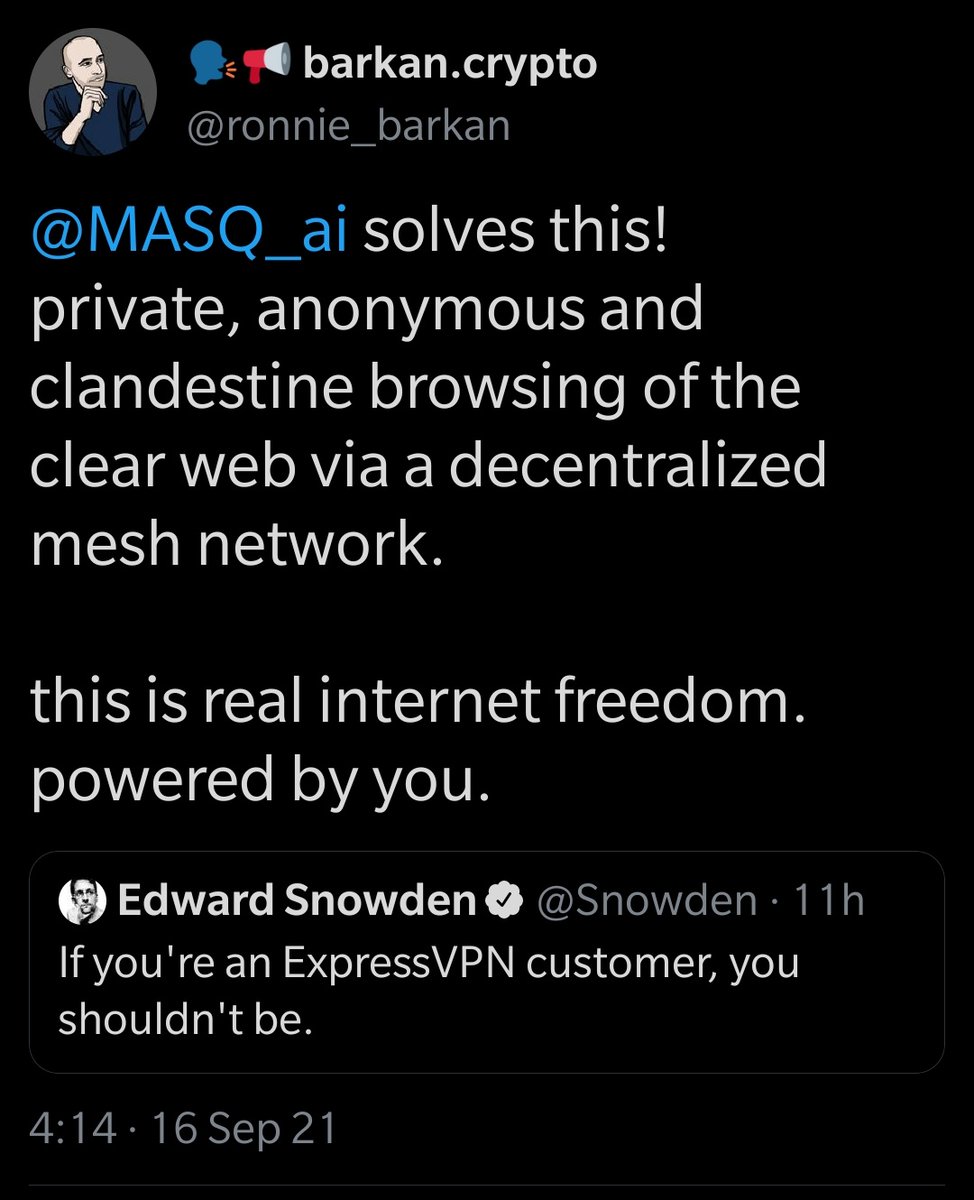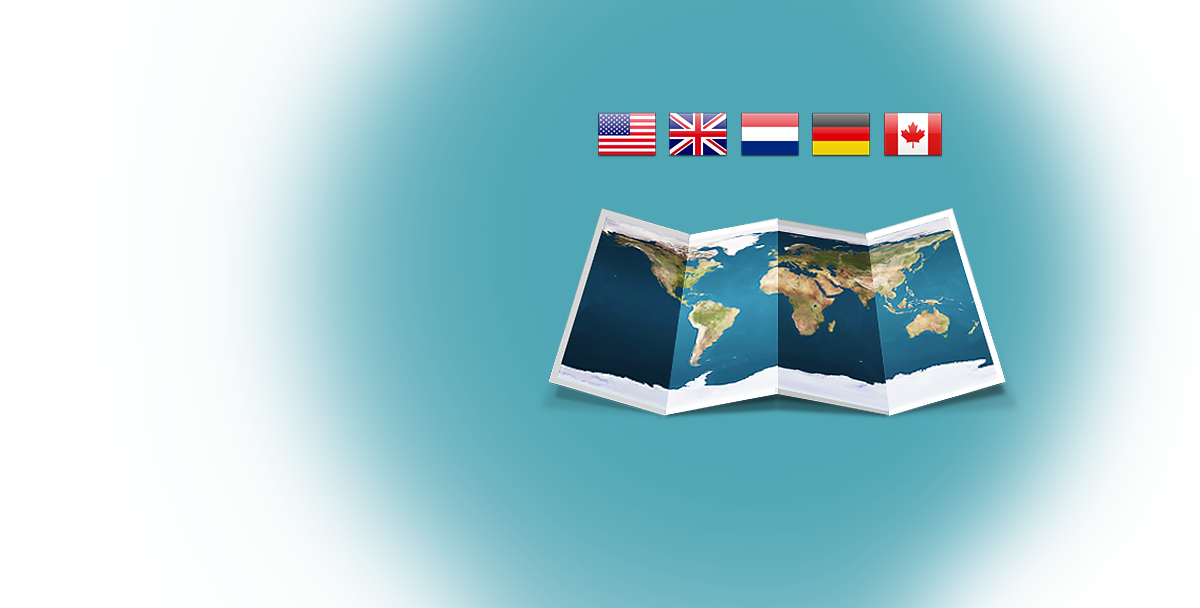

Three months after the VPN law went into effect, it was reported that Russian authorities had failed to block a single VPN or proxy service. The fine for an individual is RUB300,000 (US$4,783) and RUB700,000 ($US11,160) for the company providing the VPN. If VPN companies are found to be out of compliance with the law, both they and the users can be fined. Those services are also required to block users who it finds to be disseminating “illegal information”, although there is no set criteria for what is classified as “illegal”.Ī month earlier, on October 1, an amendment banned search engines from displaying results from websites blocked by Russian censorship. Also falling under the law’s influences were online messaging services, which are now required to link users to their phone number, eliminating anonymity. Proxy services and VPNs were given 30 days to register with Roskomnadzor. The law came into effect on November 1, 2017. Obviously, these demands would be a complete 180-degree term from what VPNs are all about: privacy and security for its users.

VPNs are loathe to comply with the heavy-handed requests of the Roskomnadzor, which include storing all communications and giving the government encrypted backdoors through which to enter and spy on its users. The law’s passing drew wrath from many pundits, including American Edward Snowden, who tweeted “Banning the ‘unauthorized’ use of basic Internet security tools makes Russia both less safe and less free. The law claims that corporate VPNs will be excluded from these practices, but industry experts claim there’s no way to tell a corporate VPN from a personal VPN at this time. The law specifically state that VPNs cannot assist users with gaining access to Russia’s blacklist of banned websites. To stay active, VPNs in Russia will have to alter their protocol to comply with Roskomnadzor, the Federal Service for Supervision of Communications, Information Technology and Mass Media. In July 2017, Russian president Vladimir Putin signed a law that restricts use of anonymous proxy servers and VPNS. What does the law say? What will it do to VPNs in Russia and how will its citizens maintain some level of privacy when browsing the Internet? Here’s a closer look at the subject at the ongoing VPN legal battle in Russia. The Russian government sent shock waves through its Internet community in November 2017 when it passed legislation severely restricting Virtual Private Networks (VPNs) inside its borders. IPVanish VPN vs Private Internet Access.


 0 kommentar(er)
0 kommentar(er)
